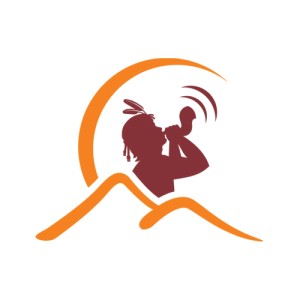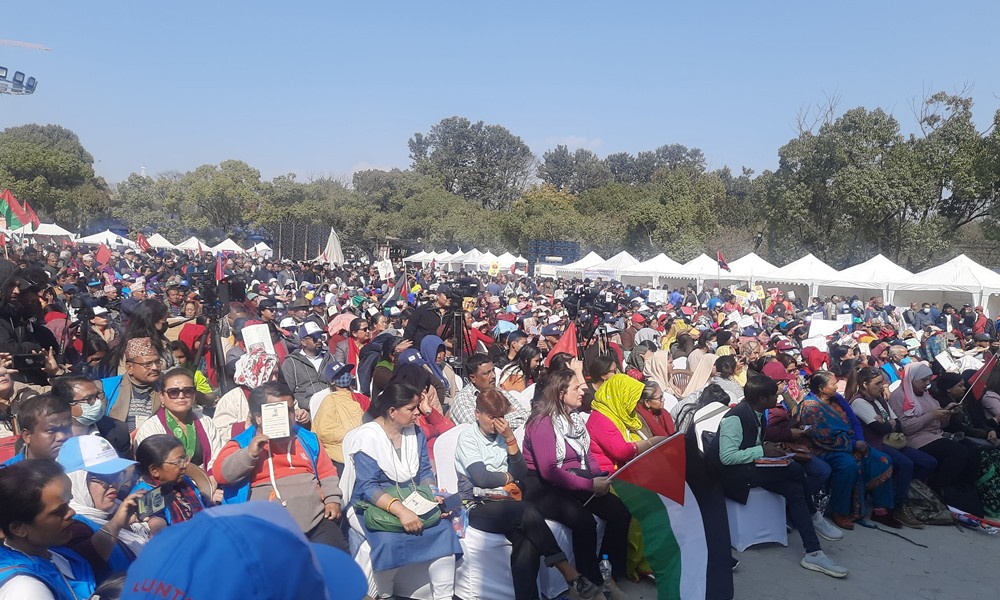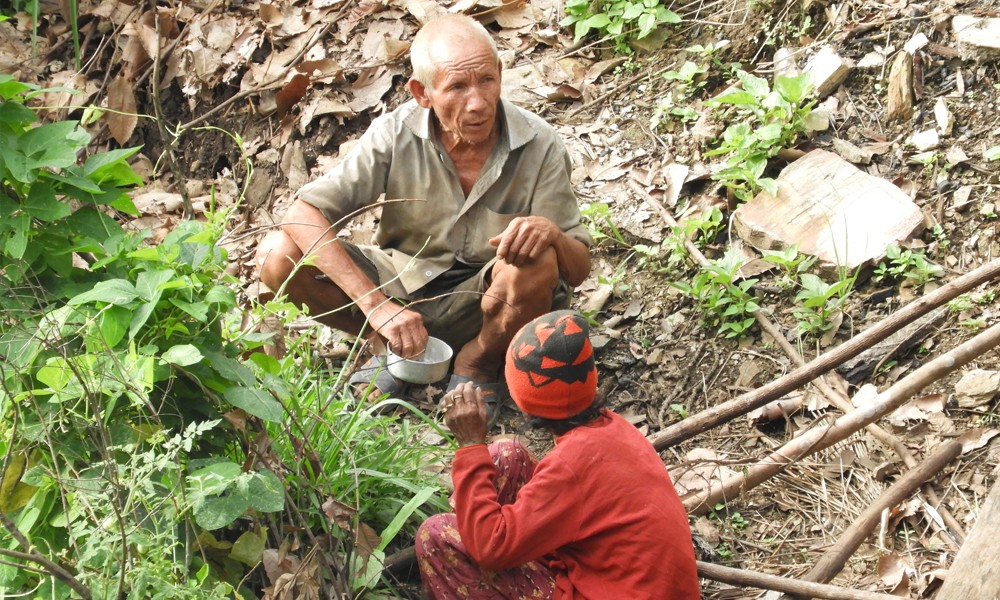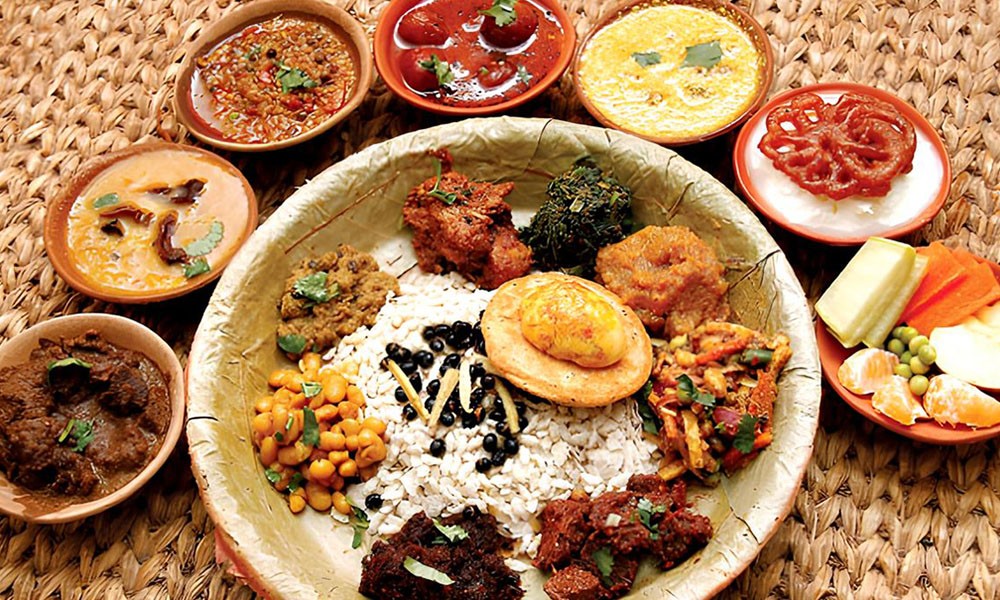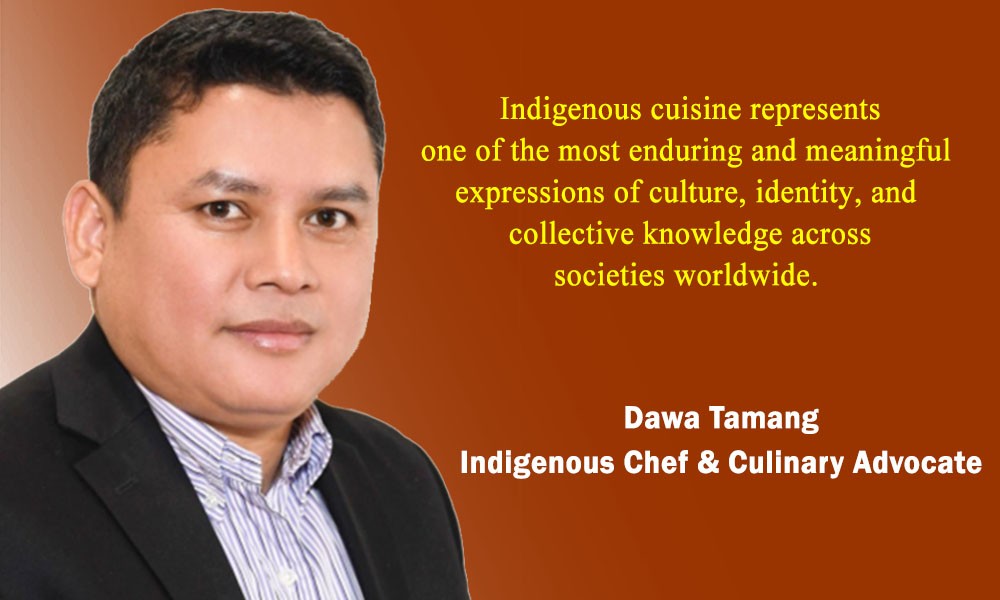Indigenous Peoples worldwide are standing up for their rights and resisting development projects that threaten their lands and livelihoods. From the Philippines to South Dakota, indigenous groups are challenging governments and corporations, demanding respect for their traditions and a voice in decisions that affect them. In Nepal, the World Social Forum is bringing together activists from around the globe to discuss issues like inequality, climate change, and social justice. These are just a few of the stories highlighted in this month's Indigenous Voice bulletin.
The World Bank investigates human rights claims in Tanzania tourism project: The World Bank is investigating allegations of human rights violations related to Tanzania's $150 million tourism project, following complaints from affected communities. The investigation is expected to be completed by June.
South Dakota governor banned from reservation over border comments: South Dakota Governor Kristi Noem has been banned from a South Dakota reservation after speaking about sending razor wire and security personnel to the US-Mexico border. The tribe president cited the diverse backgrounds of those seeking asylum as a reason for the ban.
Australian police are accused of racial profiling Indigenous children. Queensland police are accused of racially profiling and mistreating three Indigenous children after accusing them of being criminals. The incident is being investigated, and two men have been charged with assault and deprivation of liberty.
Indigenous Peoples in the Philippines oppose irrigation projects: Indigenous Peoples in the Philippines are resisting an irrigation project due to concerns about environmental risks and a lack of proper consultation. They fear the project masks a larger dam construction plan and threatens their land and way of life.
The World Social Forum tackles global challenges in Nepal: The 16th World Social Forum is underway in Kathmandu, Nepal, bringing together activists and organisations to discuss issues like inequality, climate change, and social justice. Over 50,000 participants are expected to attend the week-long event.
The 16th World Social Forum is underway in Kathmandu, Nepal, bringing together activists and organisations to discuss issues like inequality, climate change, and social justice.
Indonesian community defends land with traditional practices: An indigenous Peoples in Indonesia is using traditional wisdom and practices to defend their land from developers, despite regulations. Their success highlights the importance of recognizing customary law and institutions in protecting communities and the environment.
The Honduras community rejects mining-related energy projects. In Honduras, residents are mobilizing against a thermoelectric energy project linked to a mining concession that extracts iron from a protected area. They fear the project will increase contamination and endanger water resources.
Argentine activists released after protest arrests: Four women arrested during a peaceful protest against a government-backed law have been released in Argentina. Human rights groups condemned the arbitrary arrests.
Colombian peace signatory and Nasa leader murdered: The assassination of a Nasa leader and signatory to the 2016 peace agreement highlights the ongoing violence against social leaders in Colombia. This killing marks the fourth peace signatory murdered this year.
The Brazilian Landless Rural Workers Movement celebrates its 40th anniversary. The Landless Rural Workers Movement (MST) celebrated its 40th anniversary, emphasizing its commitment to agrarian reform, food production, and human rights. The Brazilian Minister of Agriculture acknowledged the MST's model and collaboration with the poorest communities.


